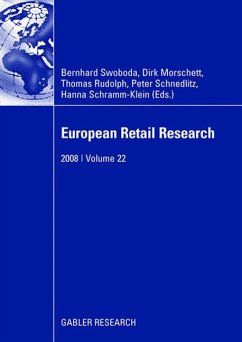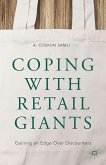Fifteen years after its commercial launching, the Internet has become the second most imp- tant distribution channel (after high street retailing) and a major source of customer infor- tion and empowerment (Urban 2003, 2005; Constantinides/Fountain 2008). A number of - cent developments in this field threaten to further weaken the role of traditional retailing in a number of sectors where retailers and intermediaries have always played an important role. Music, entertainment, press, printing/publishing and traditional travel agents are some of the branches that have already felt the negative effects of Internet-enabled disintermediation. The web has made possible the direct contact between producers and consumers, making the physical retailer of information-based products or intangibles redundant. These developments are widely seen as effects of the Internet evolution and have been ext- sively discussed and debated. However, over the last three years, a new generation of online tools, applications and approaches such as blogs, wikis, online communities and virtual worlds, commonly referred to as Web 2. 0 or Social Media, are increasingly attracting the - tention of practitioners and, recently, of academics. As often happens when revolutionary - novations become booming business, research and theoretical underpinning on the Web 2. 0 issue is still very limited and there is not even a generally accepted definition. What most people would agree though is that a fundamental element of Web 2.
Bitte wählen Sie Ihr Anliegen aus.
Rechnungen
Retourenschein anfordern
Bestellstatus
Storno








